10 Essential Things to Know Before Traveling to Morocco: A Guide for the Modern Traveler
10 Essential Things to Know Before Traveling to Morocco: A Guide for the Modern Traveler
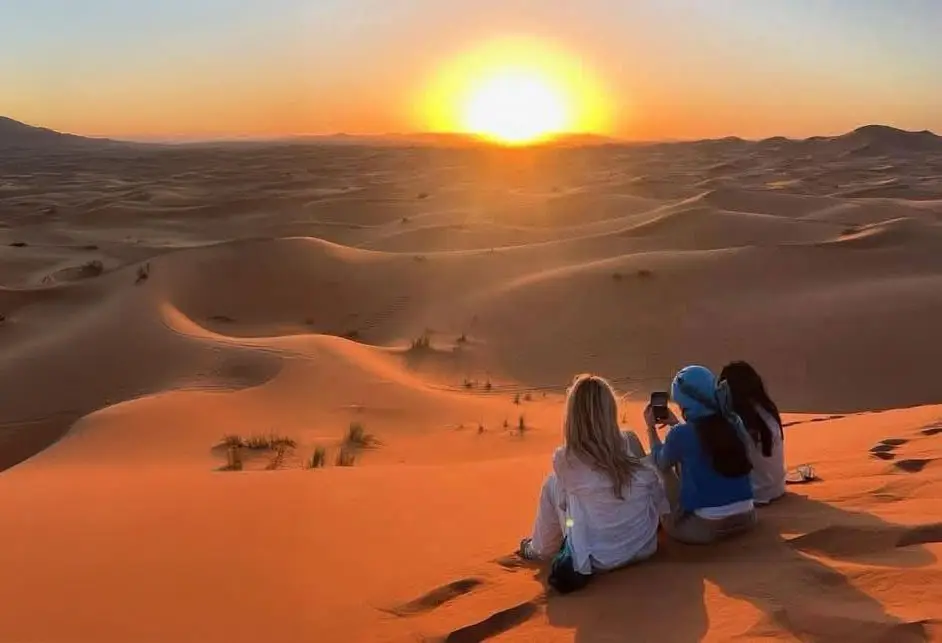
Morocco, with its vibrant cultures, stunning landscapes, and rich history, has become one of the most enticing destinations for travelers seeking both adventure and culture. Whether you’re wandering through the labyrinthine streets of Marrakesh or venturing into the endless dunes of the Sahara Desert, this North African country promises an experience like no other. However, like any destination, Morocco requires a bit of preparation to ensure your journey is as smooth and enjoyable as possible. Here are 10 essential things you need to know before traveling to Morocco, helping you navigate its intricacies and immerse yourself fully in the country’s timeless charm.
1. Prepare for the Vibrant Chaos of the Medinas
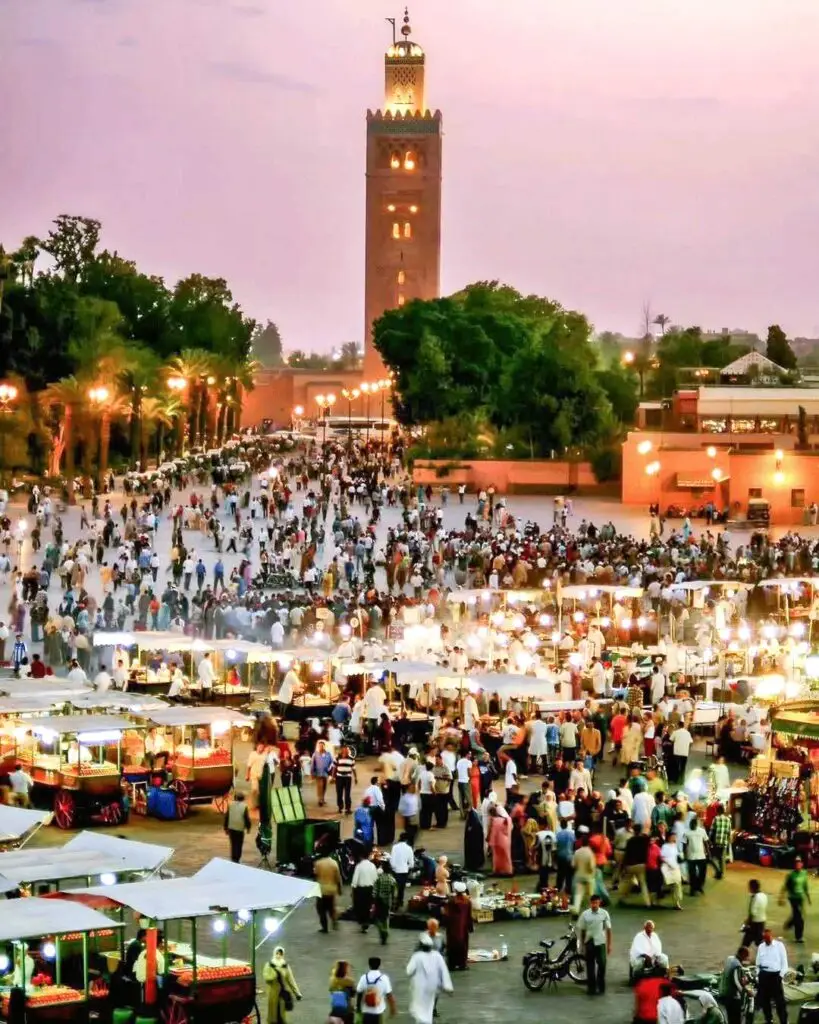
Morocco’s medinas (old towns), especially in cities like Marrakesh and Fes, can be overwhelming for first-time visitors. These ancient areas are filled with narrow winding alleys, bustling street vendors, merchants calling out their wares, and local life flowing through every corner. In medinas, it’s not unusual to find yourself lost amidst the colorful chaos, but that’s part of the charm. Embrace the hustle and bustle, and don’t be afraid to ask locals for directions. But remember, the energy can be intense, so be prepared to navigate with patience and a sense of adventure. As you explore the souks (markets) within the medinas, you’ll find traditional crafts, spices, textiles, and other local treasures. Let yourself be swept away by the atmosphere, but stay alert to your surroundings to avoid getting lost or overwhelmed.
2. Carry Cash – Many Places Don’t Accept Cards
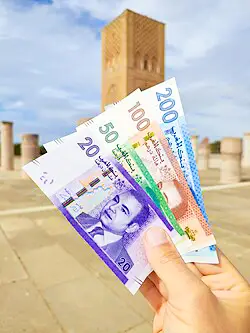
In Morocco, cash is king. While some of the larger establishments and high-end hotels in major cities accept credit cards, most small shops, markets, and cafés prefer cash transactions. The local currency is the Moroccan Dirham (MAD), and it’s always a good idea to have some on hand. ATMs are widely available in most urban centers, but many have limits on withdrawals, so be sure to plan accordingly.
In markets like the souks, bargaining is not just expected—it’s a part of the culture. Always negotiate prices before agreeing to buy something, as the initial price is often inflated for tourists. Whether you’re buying leather goods in Marrakesh or spices in Fes, haggling is a way to connect with local merchants and, importantly, save a few dirhams.
3. Understanding the City Layout: Medina, Souk, Ville Nouvelle
Every city in Morocco is structured around a traditional concept of the medina, souk, and ville nouvelle. The medina is the historical heart of the city, typically surrounded by high walls and full of narrow lanes and bustling markets. The souk refers specifically to the market within the medina, where you’ll find everything from spices to textiles, pottery to traditional clothing. The ville nouvelle (new town), in contrast, is the modern section of the city with wider roads, more contemporary buildings, and generally more accessibility for cars.
If you’re in cities like Marrakesh or Fes, most tourist attractions, like palaces and mosques, will be located in or near the medina. Expect a lot of walking, as the streets inside are often narrow and winding. However, the contrast between the old-world charm of the medina and the more modern feel of the ville nouvelle is one of the things that makes Moroccan cities so unique.
4. Be Aware of Common Scams
While the overwhelming majority of Moroccans are incredibly welcoming and kind, tourists may occasionally encounter individuals attempting to take advantage of their unfamiliarity. Common scams include unsolicited “guides” offering to show you around, only to demand a tip later, or people offering to take your picture with a snake or monkey, only to expect payment afterward. Always be cautious about unsolicited offers of help. If you don’t want to accept assistance, it’s okay to politely but firmly say no.
In case you’re approached with a “friendly” offer, it’s always a good idea to assess the situation with a cool head. The best defense is to be prepared for such encounters and understand that these interactions are often part of the Moroccan tourism experience. A respectful, firm “no thank you” is usually all you need to move on.
5. Renting a Car – A Flexible Way to Explore the Desert
If you’re planning to visit the Sahara Desert or explore remote regions of Morocco, consider renting a car for added flexibility. Guided tours to the Sahara are popular, but they can feel rushed, leaving you with limited time to soak in the vast desert landscapes or relax under the stars. Renting a car allows you to set your own pace, stop when you want, and enjoy the open road.
However, be aware that driving in Morocco comes with its own set of challenges. While the main highways are relatively well-maintained, rural roads can be rough and sometimes poorly marked. Be prepared for long stretches of empty terrain, occasional livestock crossing the roads, and unpredictable traffic conditions.
6. Police Checkpoints – Be Prepared
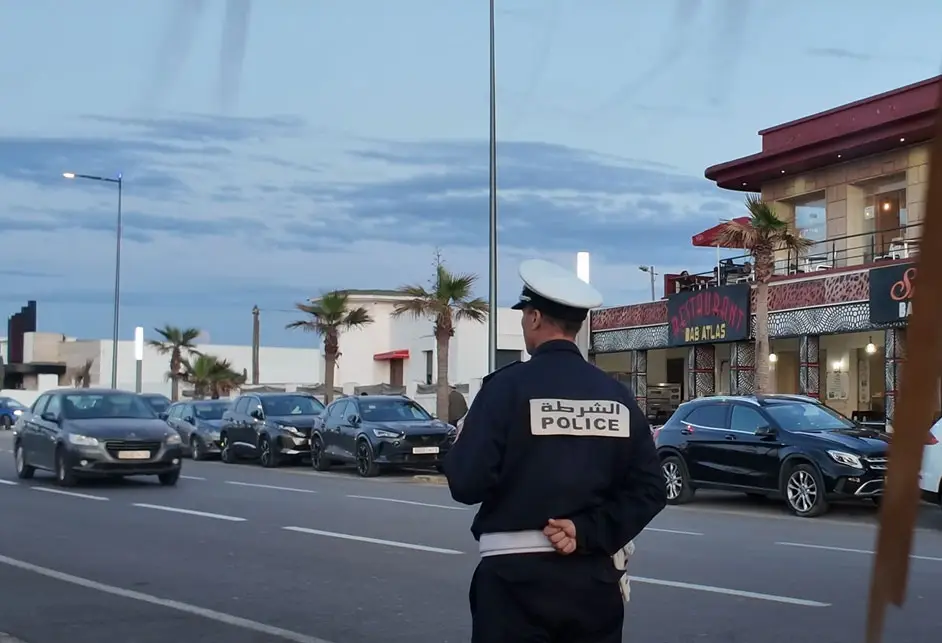
If you opt to drive, you’ll likely encounter police checkpoints, especially when traveling to the desert. These stops are generally routine, where officers will check your passport, license, and sometimes the vehicle registration. It’s important to remain polite and cooperative, even if you’re just passing through. Occasionally, tourists are accused of speeding or violating traffic rules, so it’s essential to drive cautiously and be respectful if stopped. Always have your documents ready, including a valid international driver’s permit if required.
7. Dress Modestly and Respectfully
While Morocco is a generally tolerant country for tourists, it’s essential to remember that it is still a conservative society, particularly outside the major cities. Dressing modestly is important, especially when visiting religious sites or rural areas. Women, in particular, may feel more comfortable wearing long pants or skirts and tops that cover their shoulders. Men generally wear T-shirts and long pants, though in hotter regions, short-sleeved shirts are common.
The desert can be incredibly hot during the day, so light, breathable clothing is recommended. At the same time, the evenings in the desert can become quite chilly, so packing layers is a smart idea.
8. Leave the Drone at Home

While drones are a popular travel gadget, Morocco has very strict laws about flying them. You can’t bring a drone into the country without obtaining special permission from the authorities. If you try to bring one into Morocco without the proper documentation, it’s likely to be confiscated at the airport. If you’ve set your heart on capturing aerial footage, it’s better to leave your drone at home and opt for other ways to document the stunning landscapes of Morocco.
9. Non-Muslims Cannot Enter Most Mosques
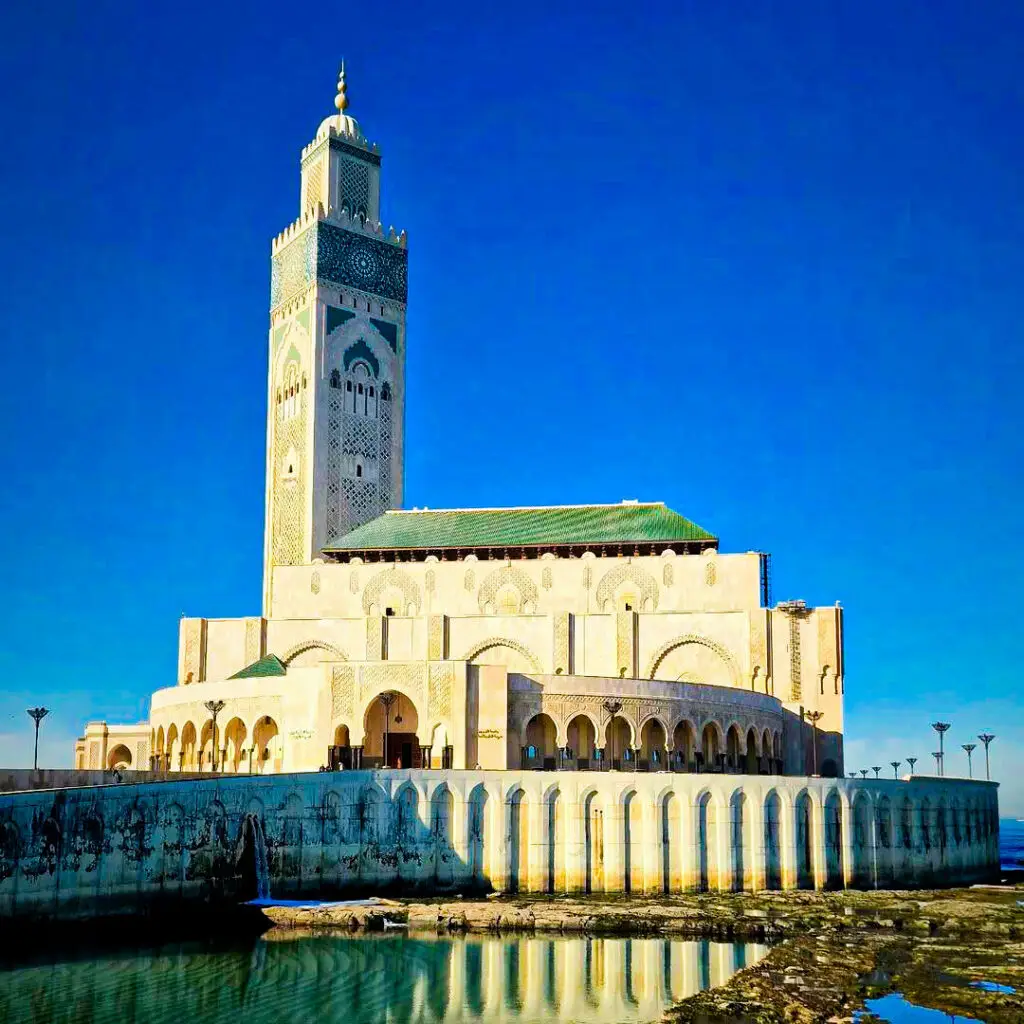
Morocco is an Islamic country, and while the majority of mosques are off-limits to non-Muslims, there are exceptions. One of the most famous mosques, the Hassan II Mosque in Casablanca, allows non-Muslim visitors to join guided tours at specific times. It’s one of the largest mosques in the world, and its intricate architecture is a must-see if you’re in the area.
Always check the mosque’s visiting hours before heading over, as times for tours can be limited. If you do visit, make sure to dress modestly and behave respectfully.
10. Plan Ahead, but Stay Flexible
One of the most enjoyable aspects of traveling to Morocco is the sense of spontaneity that comes with exploring a country full of contrasts. While it’s wise to have a rough itinerary—especially for must-see destinations like Marrakesh, the Atlas Mountains, and the Sahara—it’s equally crucial to remain flexible and open to unexpected adventures.
Whether a local invites you for a cup of mint tea or you take an unplanned detour to a village in the Atlas Mountains, some of the best experiences in Morocco often come when you least expect them. Don’t be afraid to let your curiosity guide you. Embrace the surprises that Morocco has to offer; the beauty often lies in the unplanned moments.
Conclusion
Traveling to Morocco offers a truly transformative experience, where you can immerse yourself in a rich cultural heritage, explore stunning landscapes, and embrace the chaos and charm that define this North African gem. By preparing for the unique aspects of Morocco, such as navigating the medinas, understanding the country’s dress code, and being cautious of common scams, you can ensure that your trip is not only enjoyable but also respectful of the local culture. Whether you’re exploring the bustling streets of Marrakesh, traversing the peaceful desert dunes, or enjoying mint tea with locals, Morocco promises memories that will last a lifetime.
100
Metric One
This is the first description, highlighting a key metric in detail.
200
Metric Two
This is the second description, showcasing another important performance metric.
5000+
Metric Three
This is the third description, emphasizing a significant achievement metric.
400
Metric Four
This description focuses on the fourth important statistic in detail.
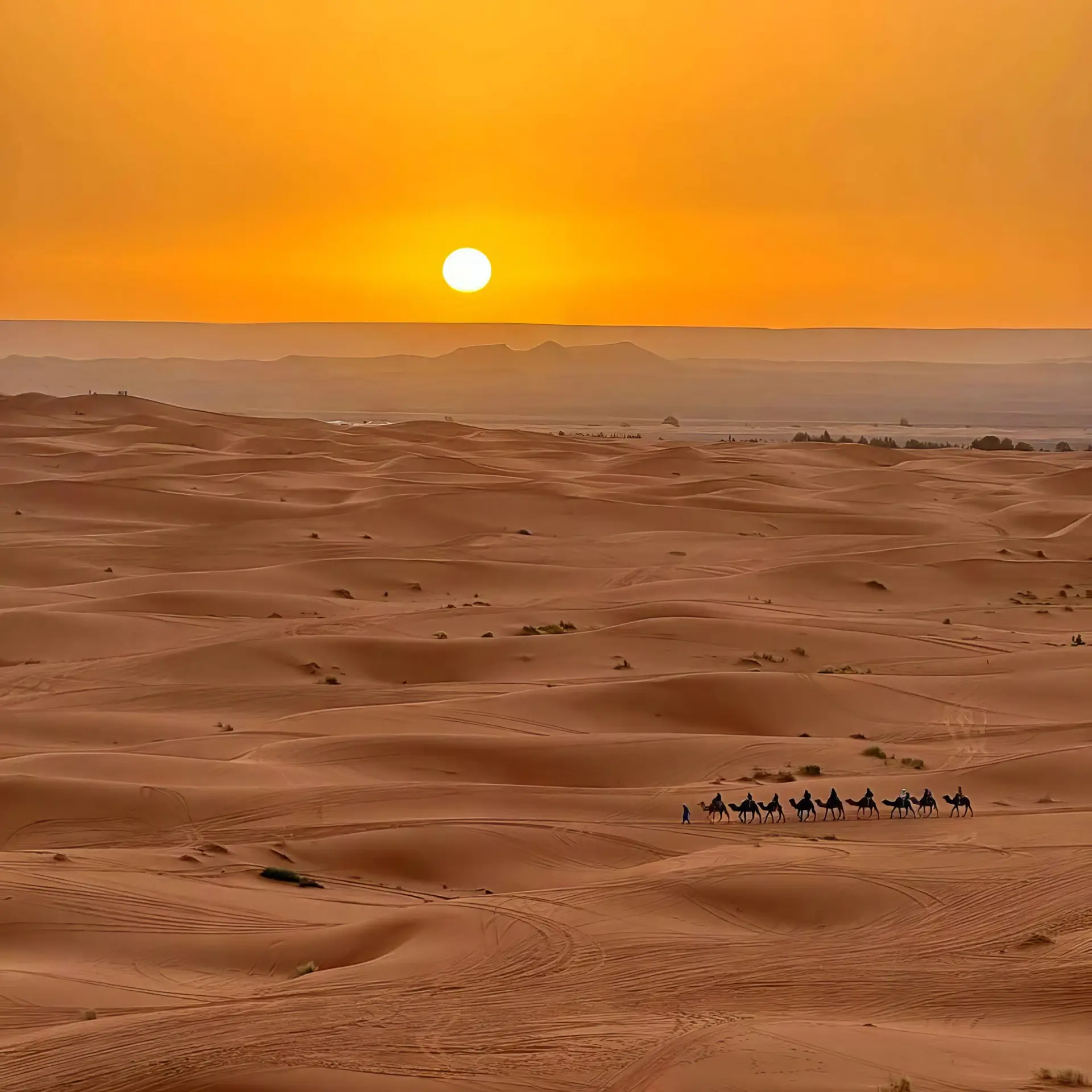
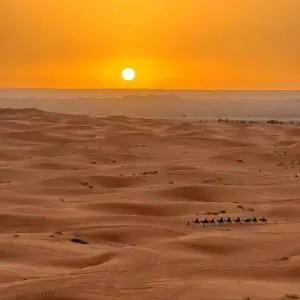

Post Comment